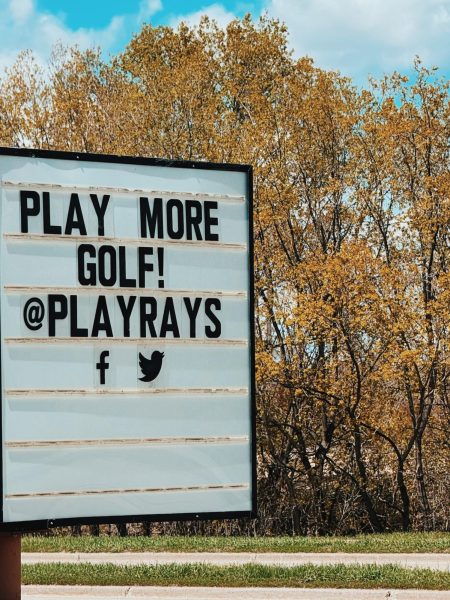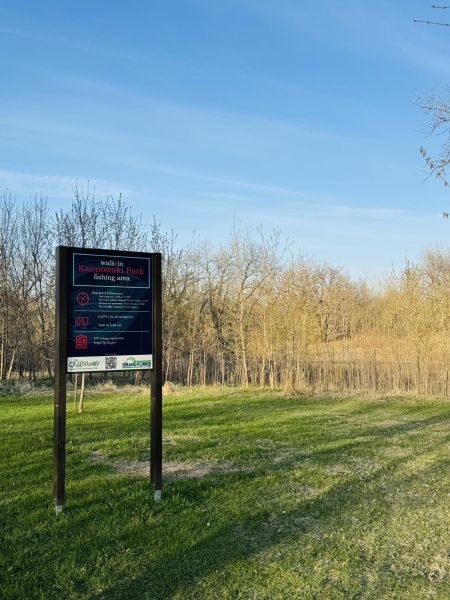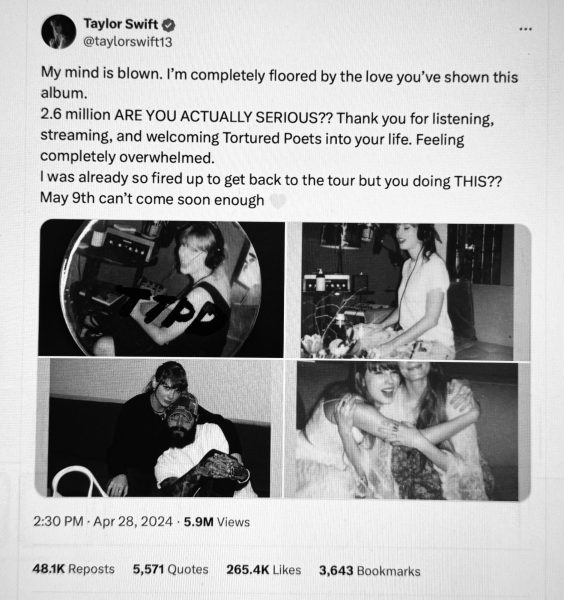Online privacy options provide false security
Facebook settings don’t do enough to protect.
By now you’ve probably been told a million times to be careful about what you post on the Internet — especially Facebook. It’s certainly good advice, but some people — including myself — had to learn this the hard way.
One concern UND sophomore Ryan Sistad had pertained to putting his cell phone number on his Facebook page.
“There have been times when people have called me when I never intended for them to have my number,” Sistad said. “Especially with smartphones, there have been times when I have been typing in my number, and it already shows up in their phone because it synced up with Facebook.”
The more friends on Facebook you have, the bigger this problem becomes. Sistad, for example, has 847 Facebook friends. Since Facebook reached a height in its popularity around the time most UND students were in high school, most students probably have a lot of Facebook friends, either a couple hundred or maybe even more than a thousand.
Before putting your number on Facebook, it might be a good idea to check through your friends list and make sure you are okay with these people having access to your number. It’s not necessarily about the people themselves, but how well you know them.
I have had problems with Internet privacy myself. Now, I might chuckle at someone who copies and pastes a long status full of legal terms that they think will protect them from the evil people out to steal their photos of whichever bran muffin they ate that day or their shiny new baby. Back when I was first starting out on Facebook, I wasn’t much better.
When I made my profile, I thought I was being smart by utilizing various privacy features to my benefit. For example, although I had added my parents, I specifically blocked certain posts — but not all of them — from their view. It just so happened I, in my teenage wisdom, decided it would be a good idea to post a status the content of which should not be reprinted here. As I said, I thought I was being smart by blocking specific posts from my parents’ view. It just so happened I wasn’t as smart as I thought.
A friend of my parents happened to see the post and tell my parents, thus demonstrating that my foresight was not as great as I had imagined. Facebook does have privacy settings, but that doesn’t mean that what you post on it is totally private.
I’m sure you’ve heard that employers check Facebook, and I’m sure you’ve thought this is simply a myth told to frighten young college students. Are employers really checking people’s Facebook pages during the hiring process?
“Yes. Yes they are,” a recent article from the Huffington Post wrote. “Because, you know what, it’s not hard, and much can be gleaned even from the most private of profiles … All you need to find a relative stranger is their name and maybe a tidbit about where they went to school or grew up.”
The truth is, there is no such thing as privacy on the Internet.
Social media is entirely about sharing as much information with as many people as possible. Facebook is one of the few social networks left that has much concern toward privacy at all. Certainly, it’s a good idea to mess with your privacy settings if, like me, you might have a tendency to post statuses that may not be appropriate for your entire Facebook friend list. Just remember that the privacy settings only go so far.
If you really want something to be private, the Internet might not be the best place to put it.
Michael Rauser is a staff writer for The Dakota Student. He can be reached at michael.rauser@my.und.edu.






